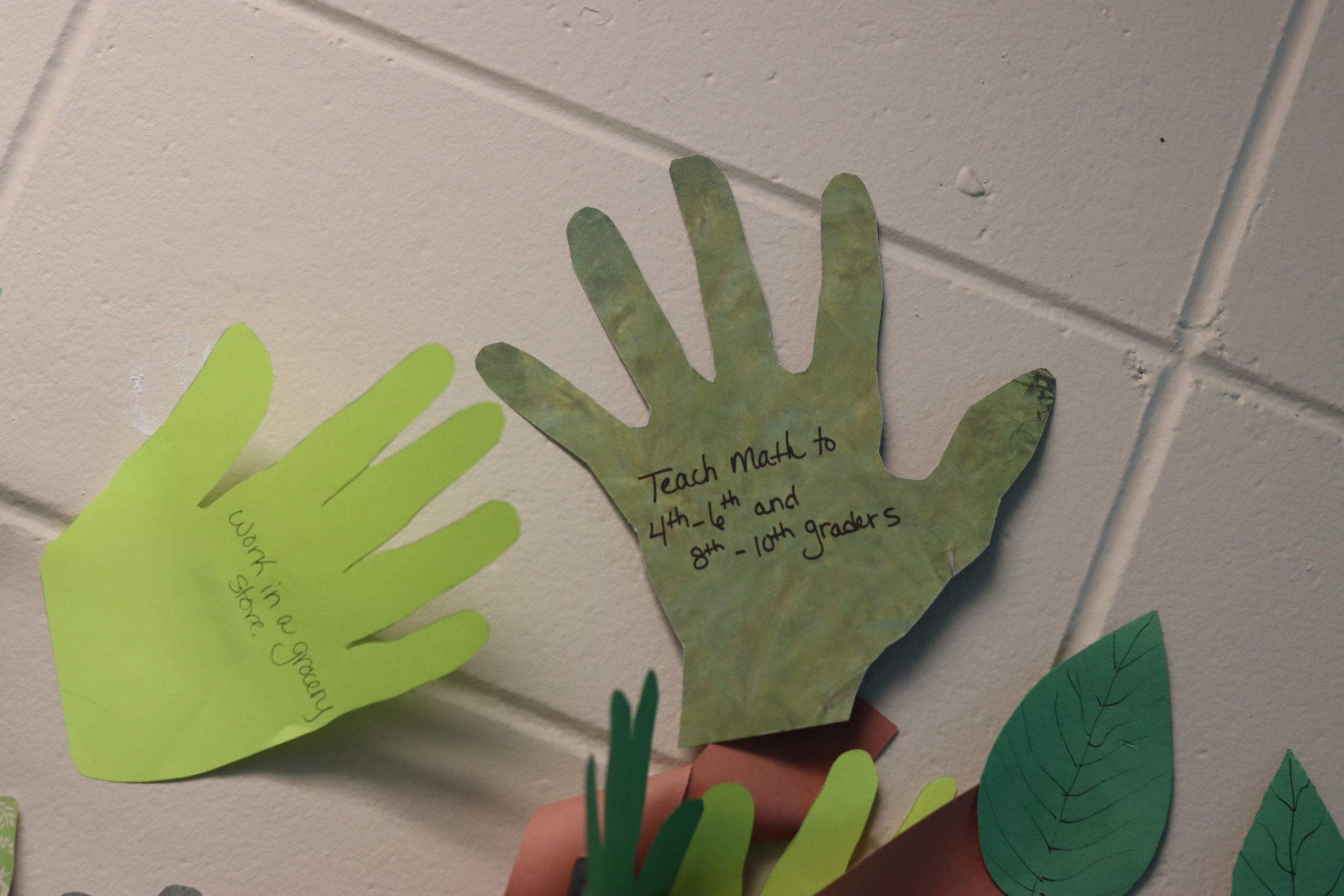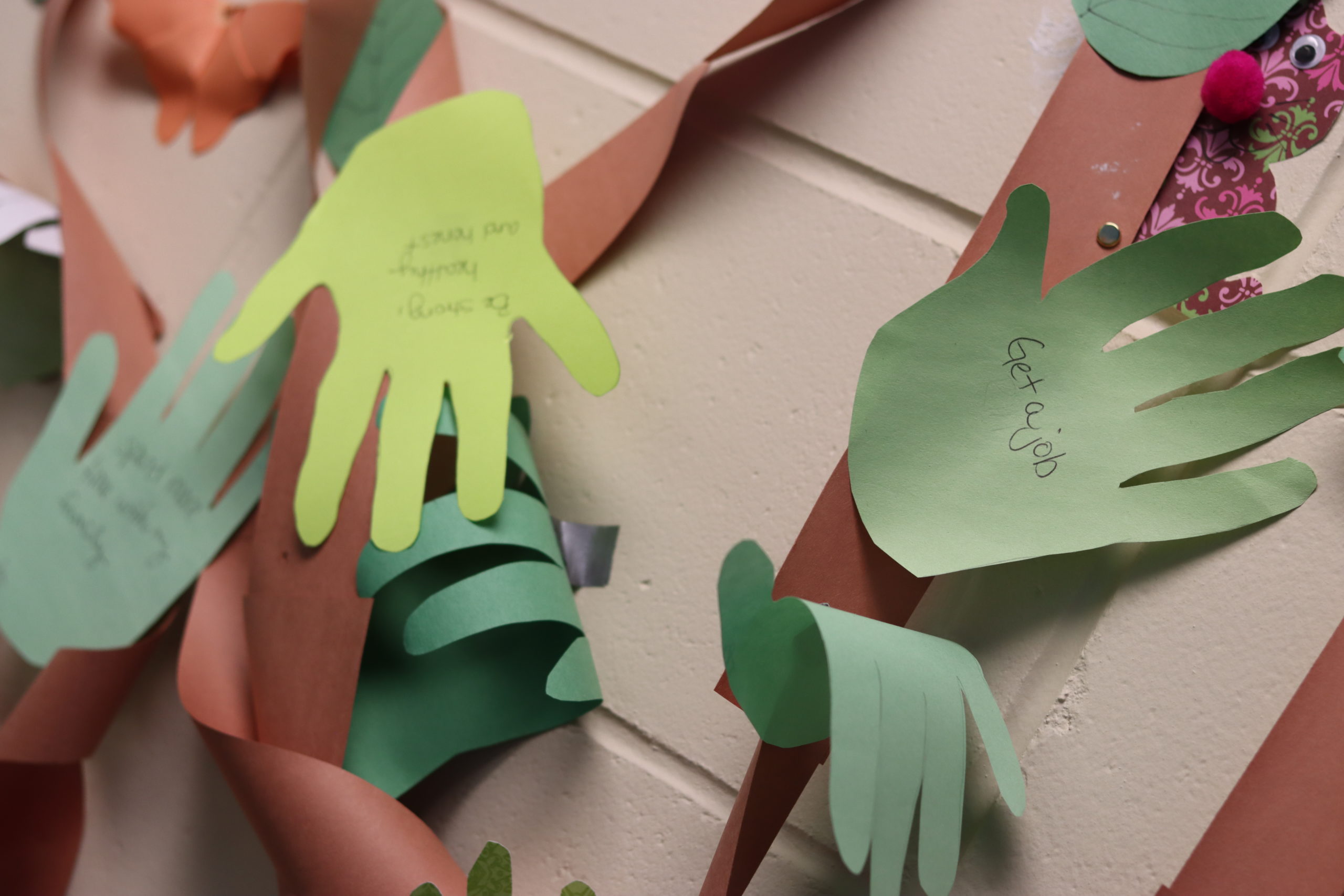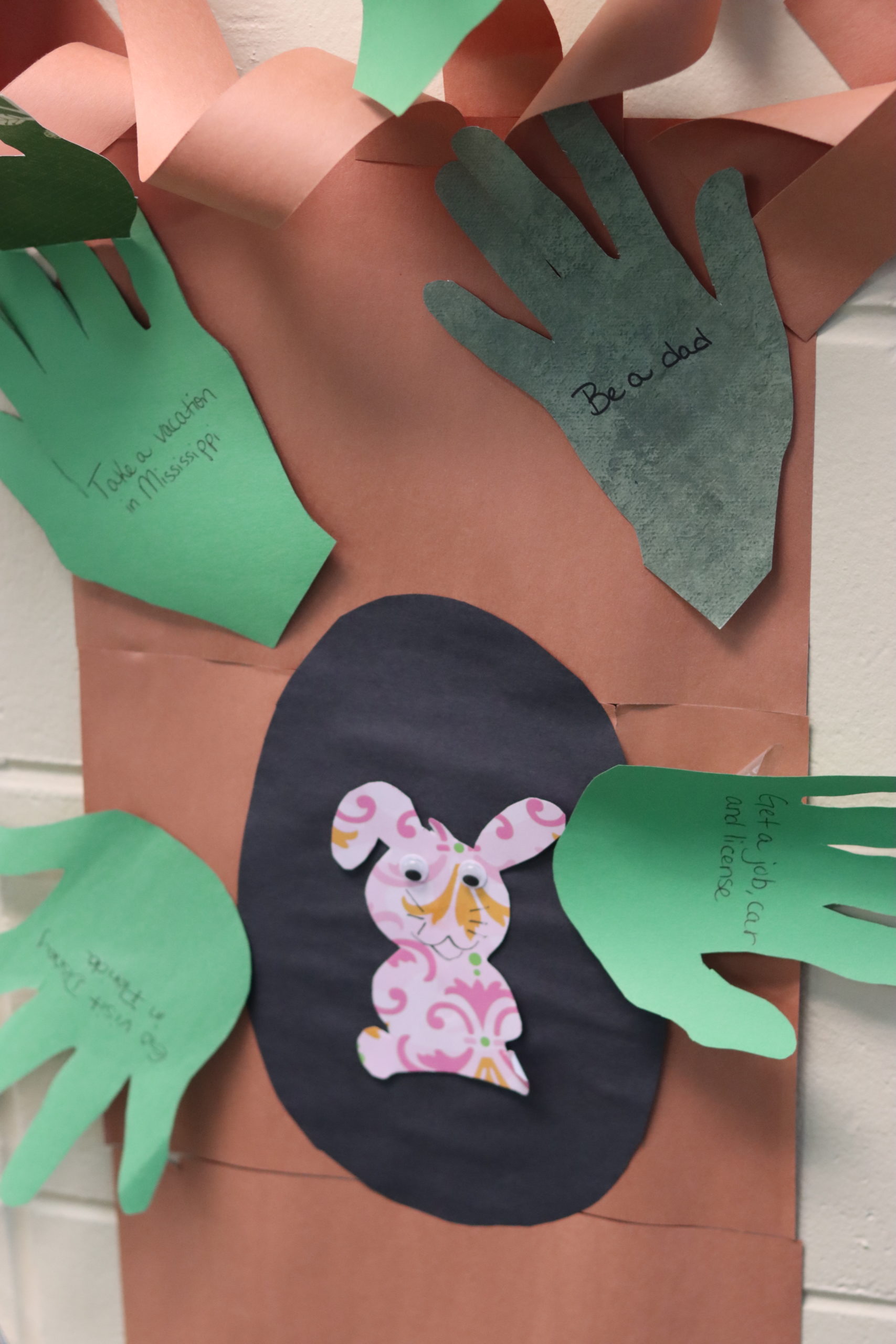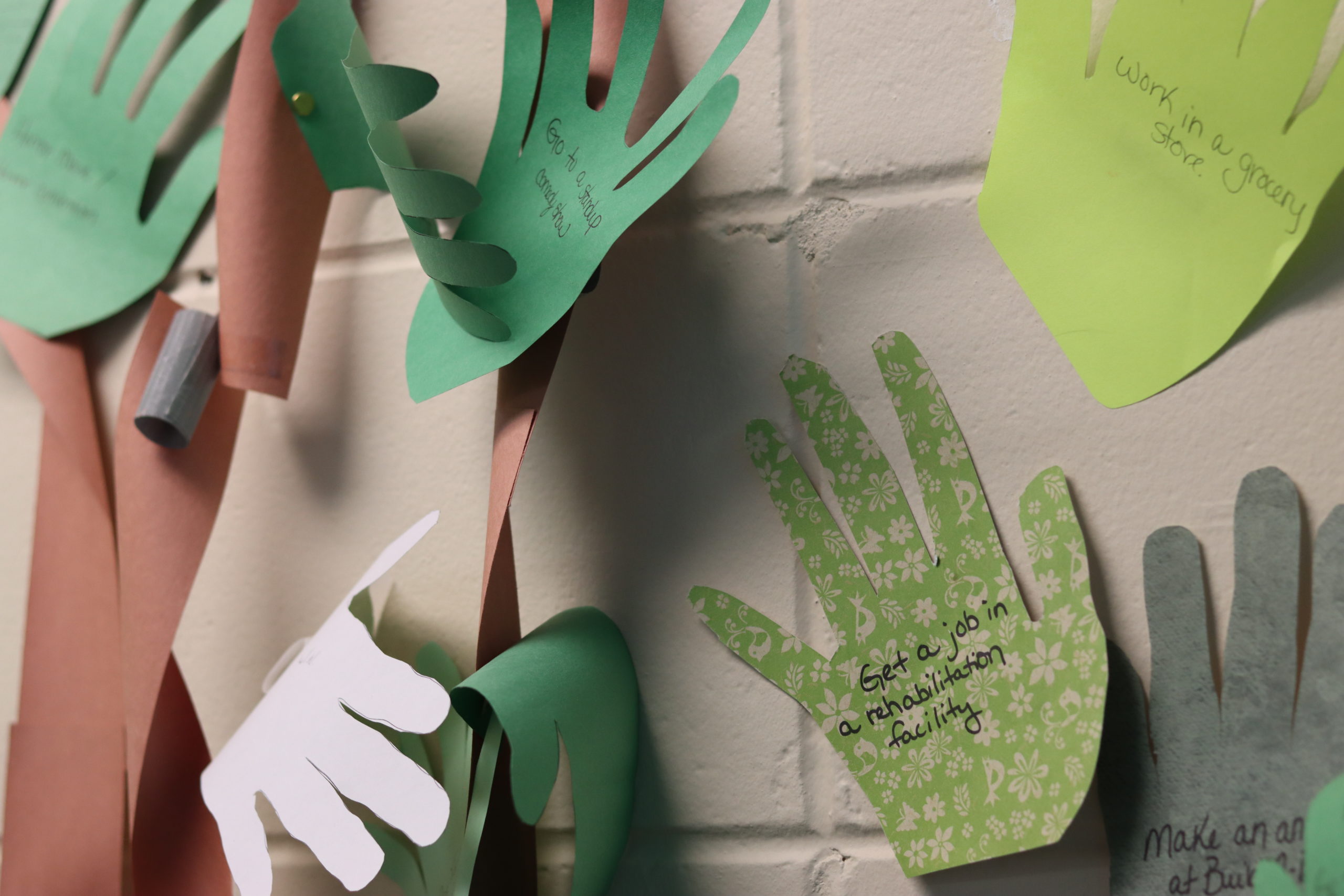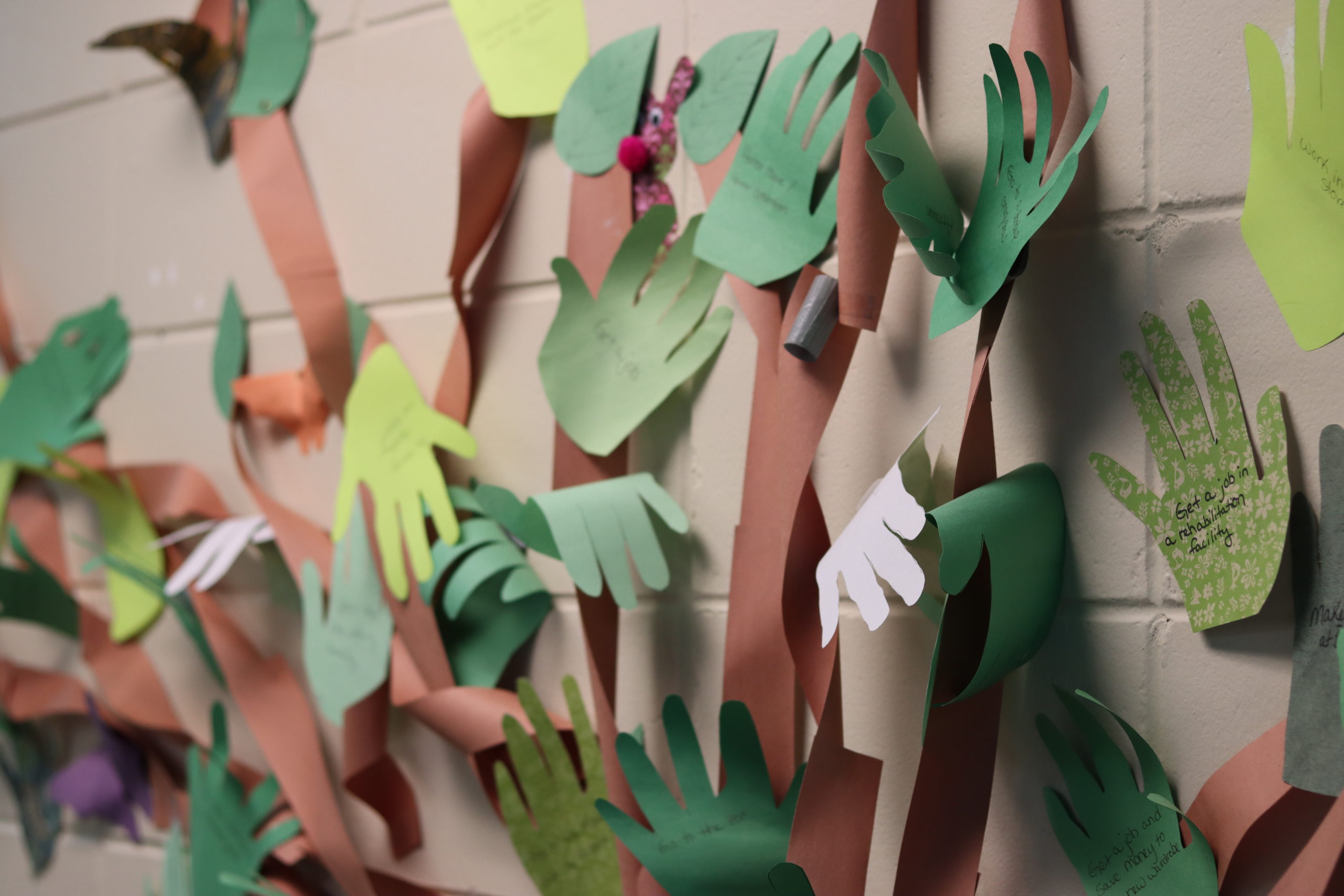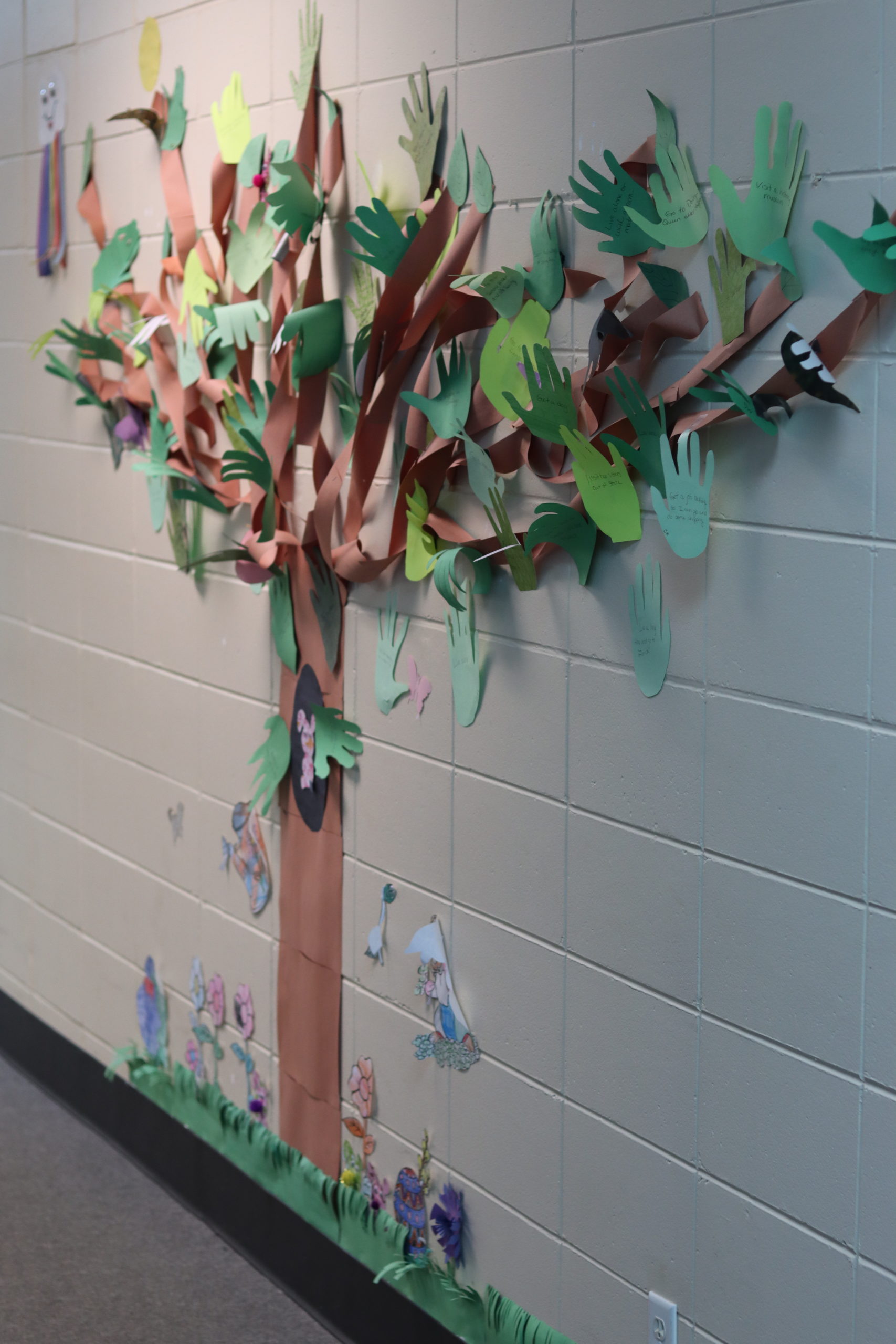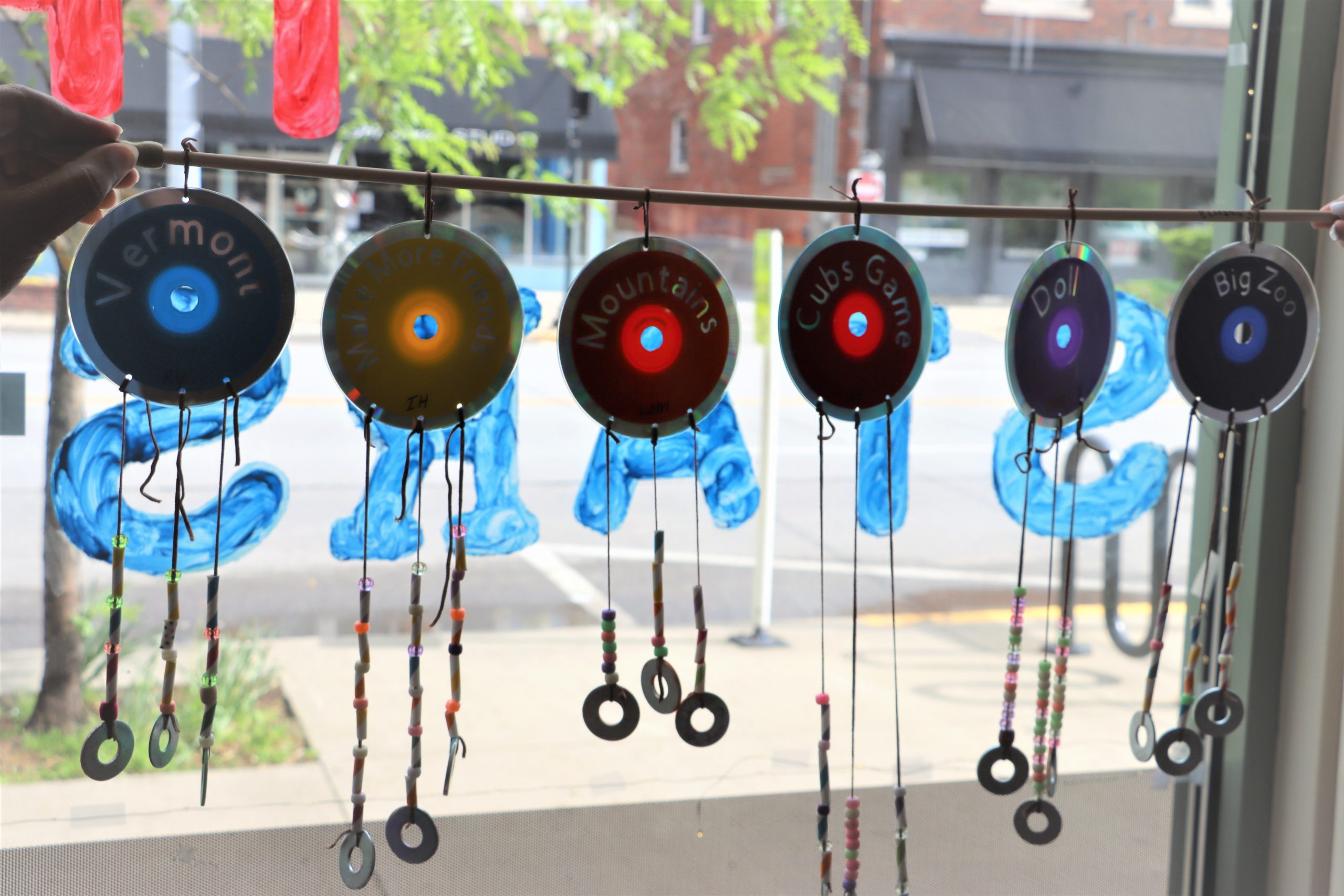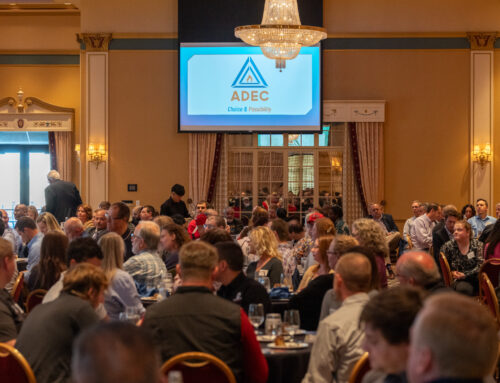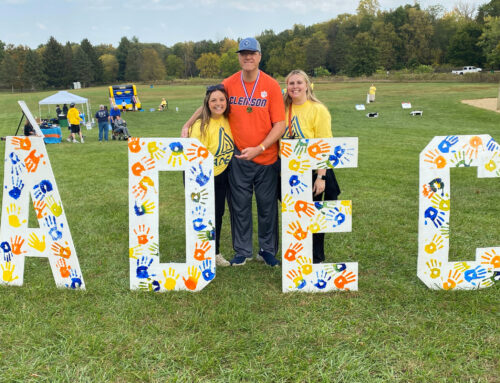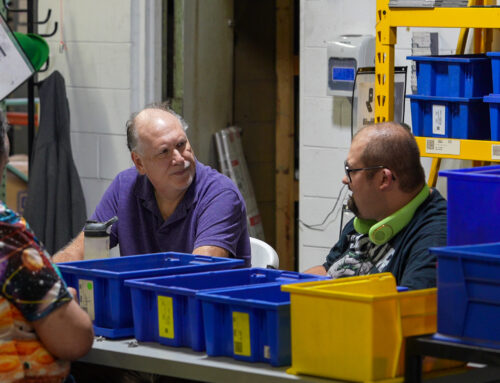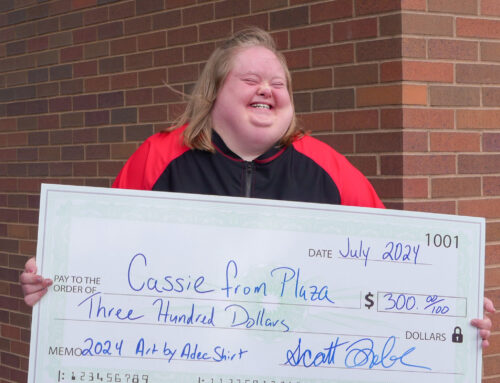People with Intellectual and Developmental Disabilities (IDD) and anyone who loves them, supports them, or provides services for them, have long struggled against prejudice and the tendency of others, including government entities, to make decisions FOR them instead of WITH them. To change this, Indiana uses an individualized plan for each person with IDD to improve their autonomy, and caseworkers to keep those plans up to date. The plans are called Person-Centered Individualized Service Plans or PCISPs and describes both the individual’s present state as well as their goals and strategies for their future. It’s an invaluable tool for families, health care workers, and any personnel that provide services to that person, as well as an important part of the individual’s communications. This person-centered philosophy lines up with ADEC’s own guidelines and helps make co-operation and communication that much easier for everyone.
Indiana’s PCISP’s are modeled on the framework of a program called Charting the Life Course, which attempts to make decisions, goal setting and life planning easier by breaking things down into easy-to-understand sections. Its core value is that all people have the right to live, love, work, play and pursue their aspirations, and that every life decision or plan made should reflect that value. Most importantly, the Charting the Life Course framework is PERSON-CENTERED. Every question, every choice and every life goal are to be based on the wants and needs of the individual whose LIFE is being CHARTED.
Things like Life Domains (ex. health, social life, education) and Life Stages (ex. childhood, school age, adulthood) along with helpful definitions and illustrating graphics make it simple for anyone to visualize options and make more informed choices. Types of support available, family members wants and needs, and a realistic assessment of resources all need to be considered when planning the future, of course, but with Charting the Life Course, individuals are encouraged to think bigger and to have dreams that may seem out of reach. Even if a dream, something like becoming a celebrity, seems unattainable, it’s the smaller goals and life experiences accomplished along the way that matter most. Having an exciting dream to strive for can also help an individual stay engaged and invested.
For the staff of ADEC and more importantly, for the individuals they work with, Charting the Life Course has given them tools to begin to give voice to things they perhaps wouldn’t even have mentioned previously. Some of the individual goals are smaller than others, while some dreams have been impressively large. The spectrum has been exciting to see.
To make every goal more tangible, every one of ADEC’s Day Programs have come up with an art project to illustrate everyone’s biggest personal goal. We’ll be showcasing each location’s work in the coming weeks on social media, and when we’ve covered them all, we will be adding the pictures here, so you can check back later to see more!
Shoots Building Day Program, Goshen, IN
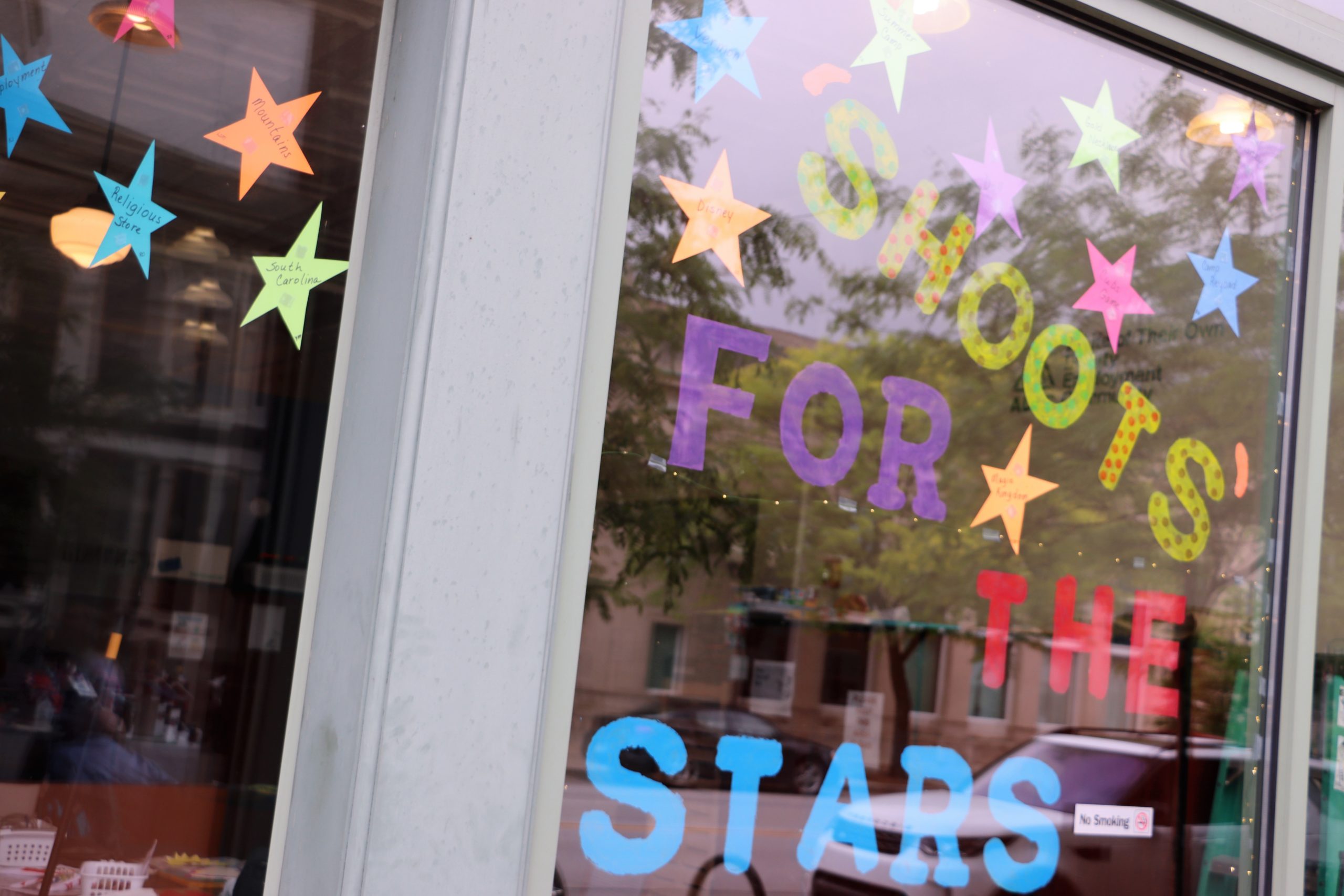


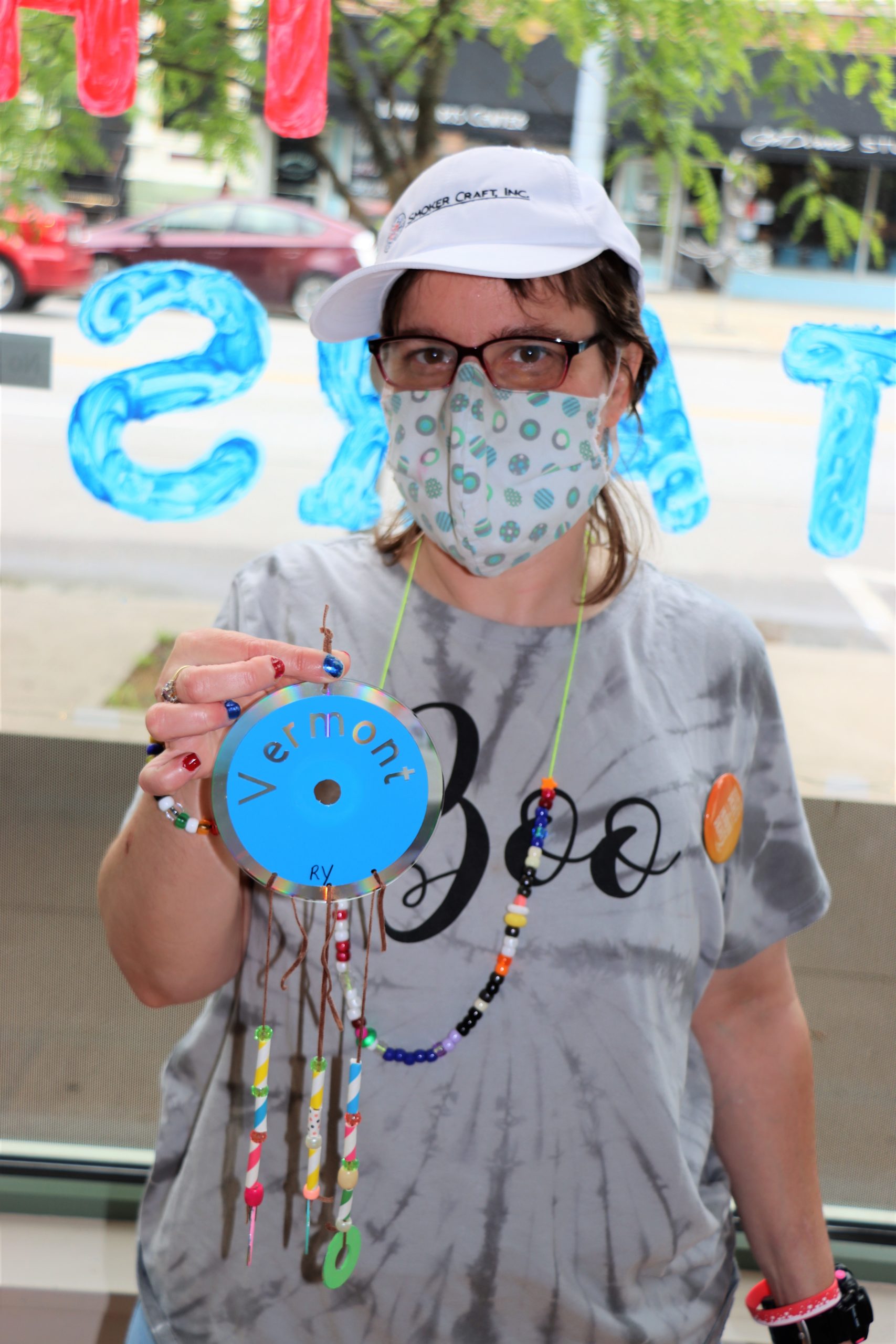
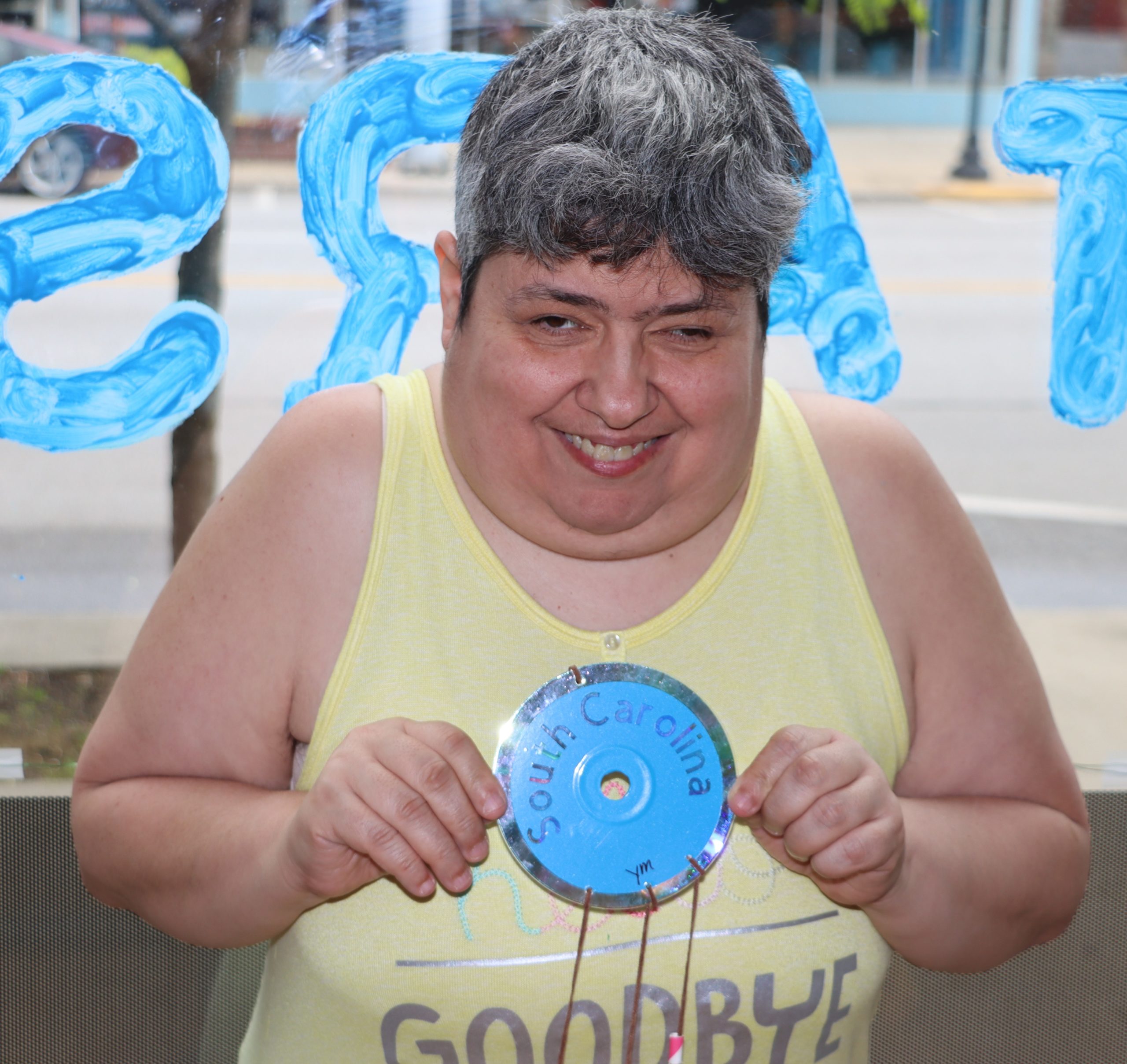
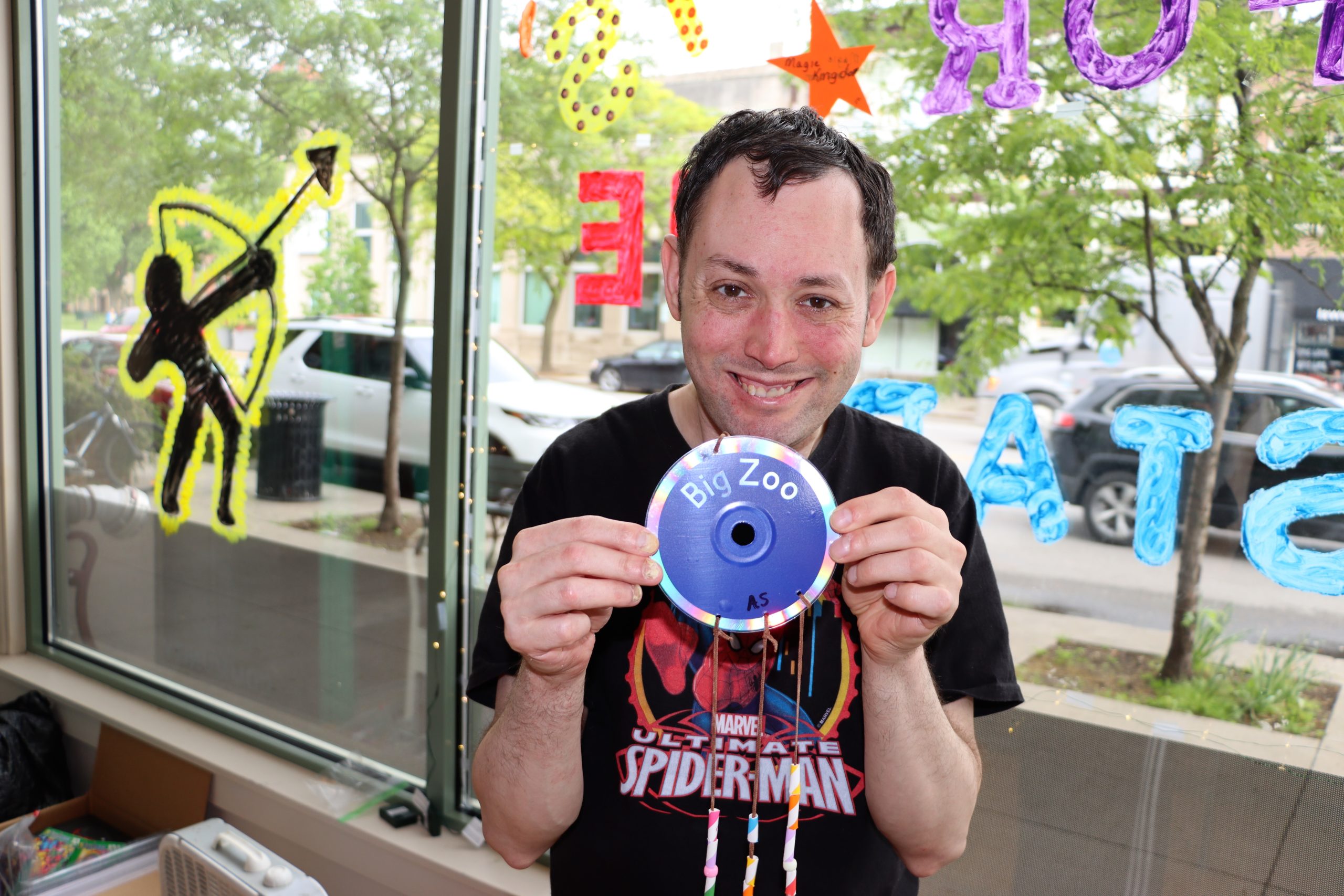
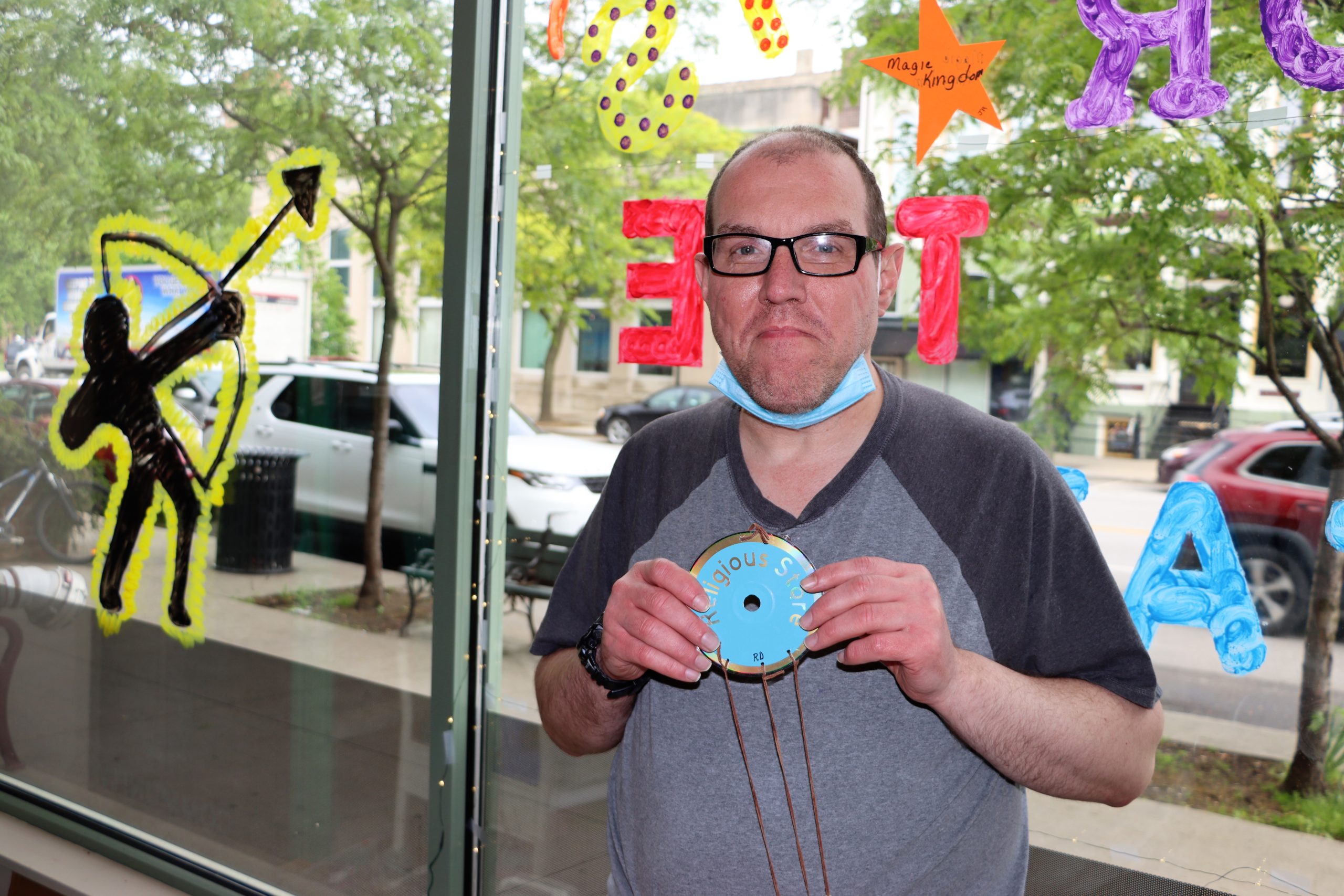
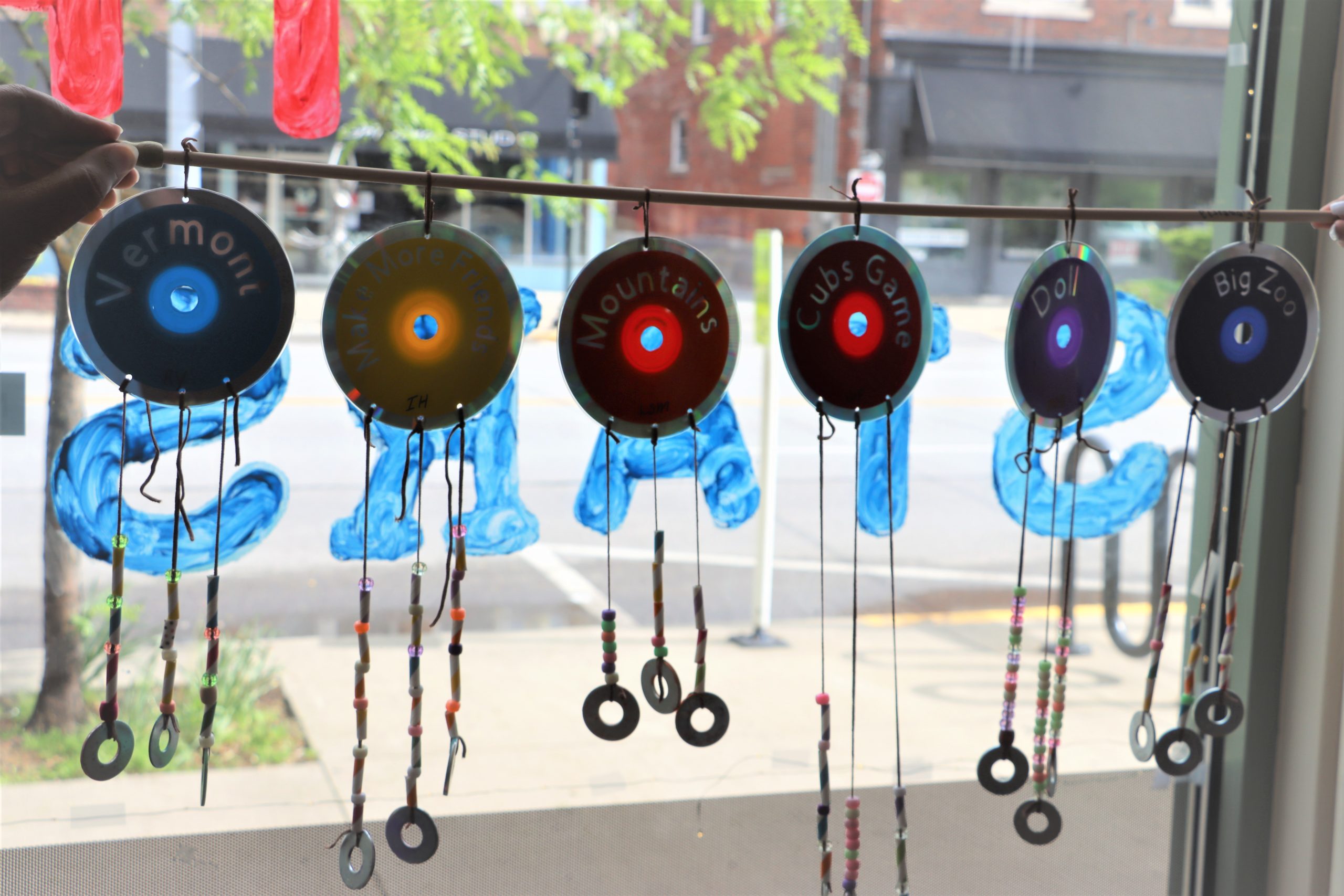
Middlebury Day Program



Elkhart Day Program at The Plaza
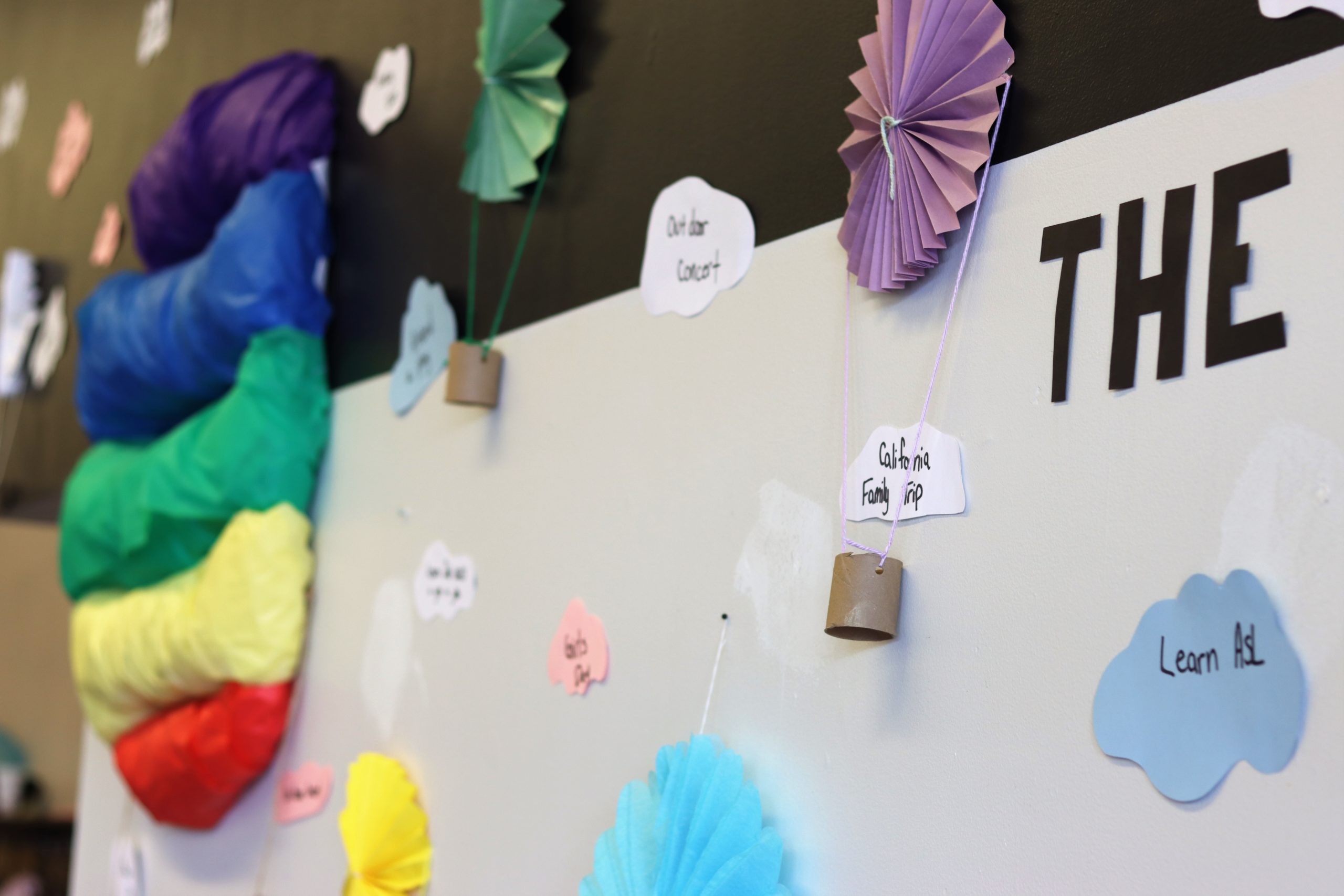
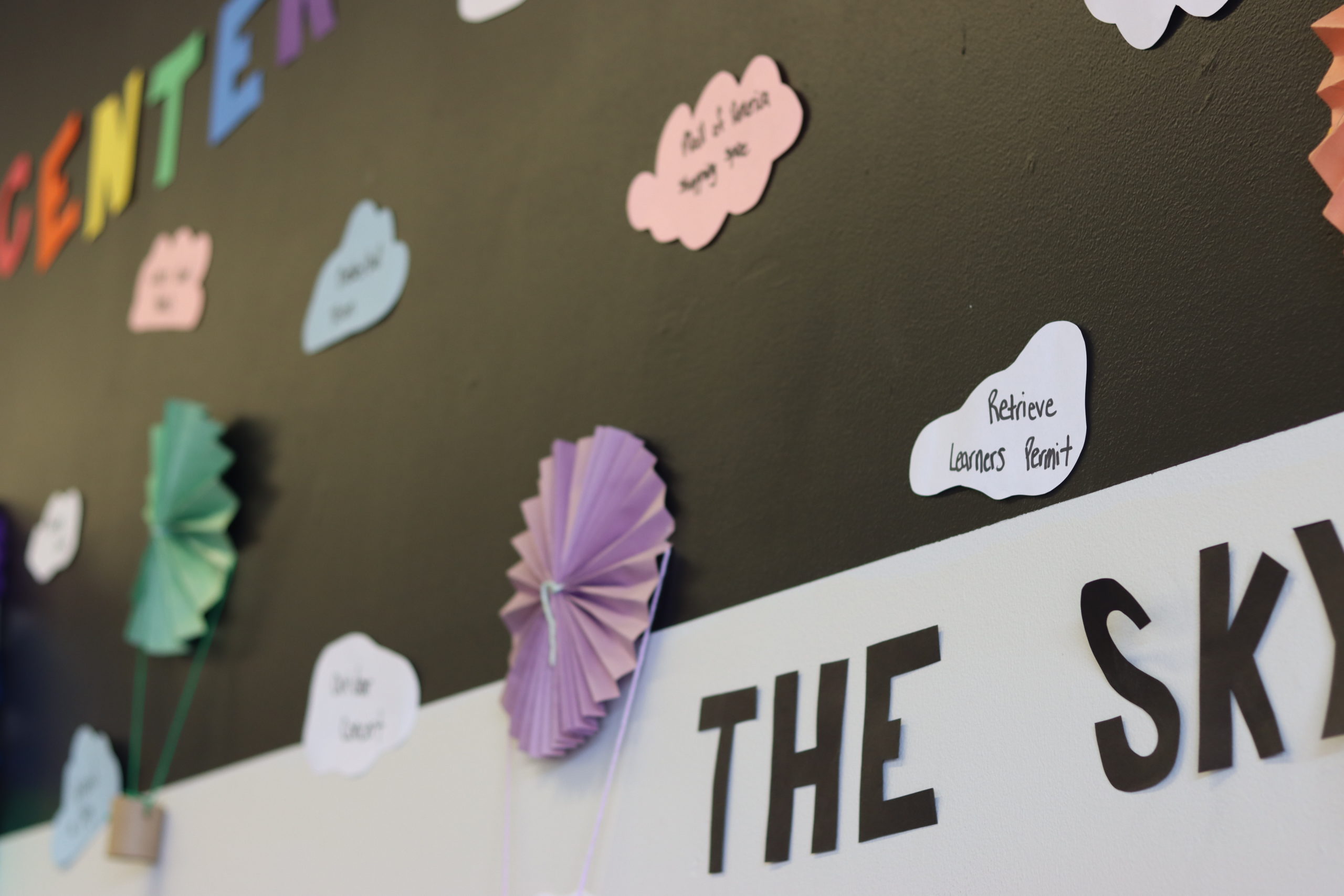
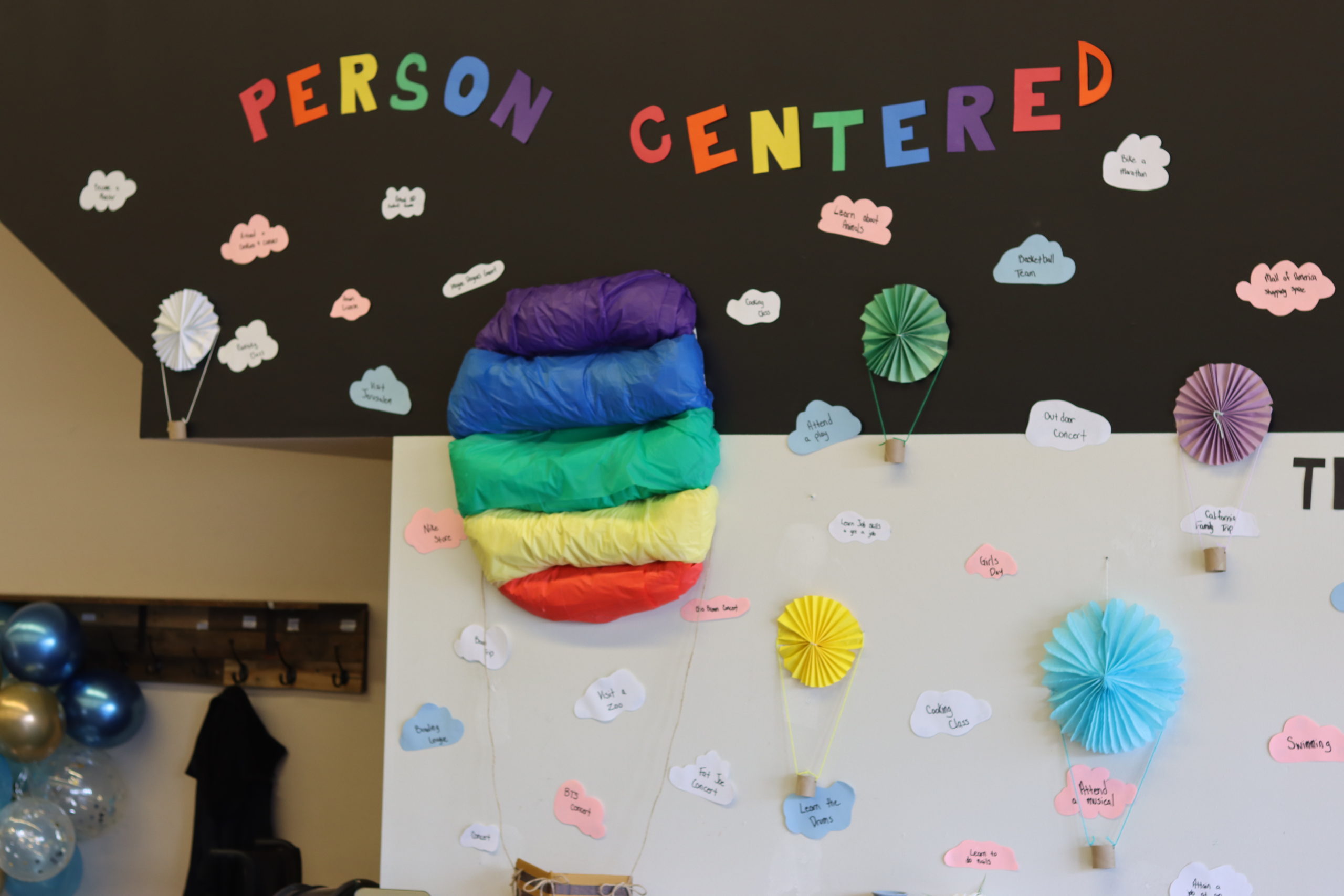
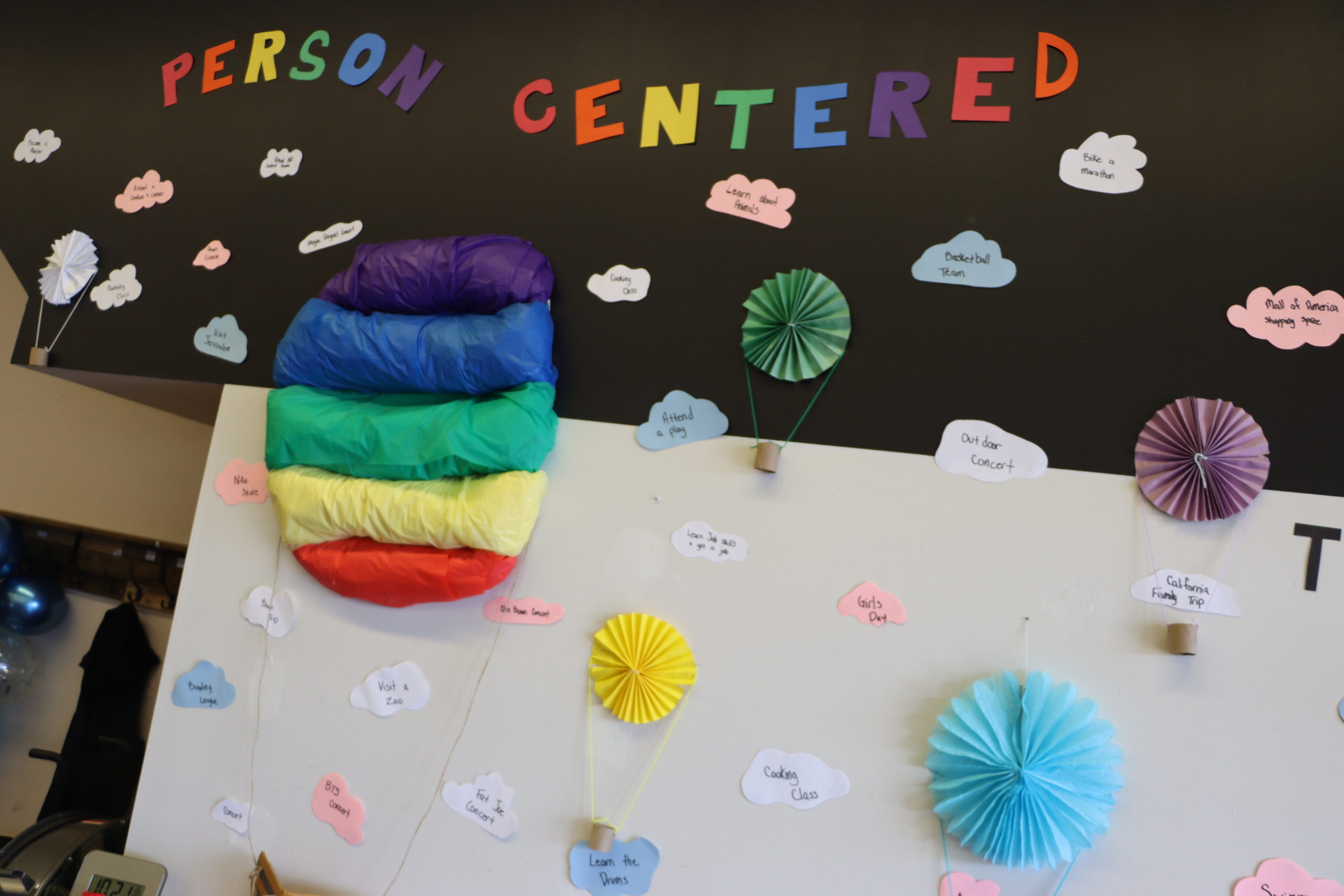
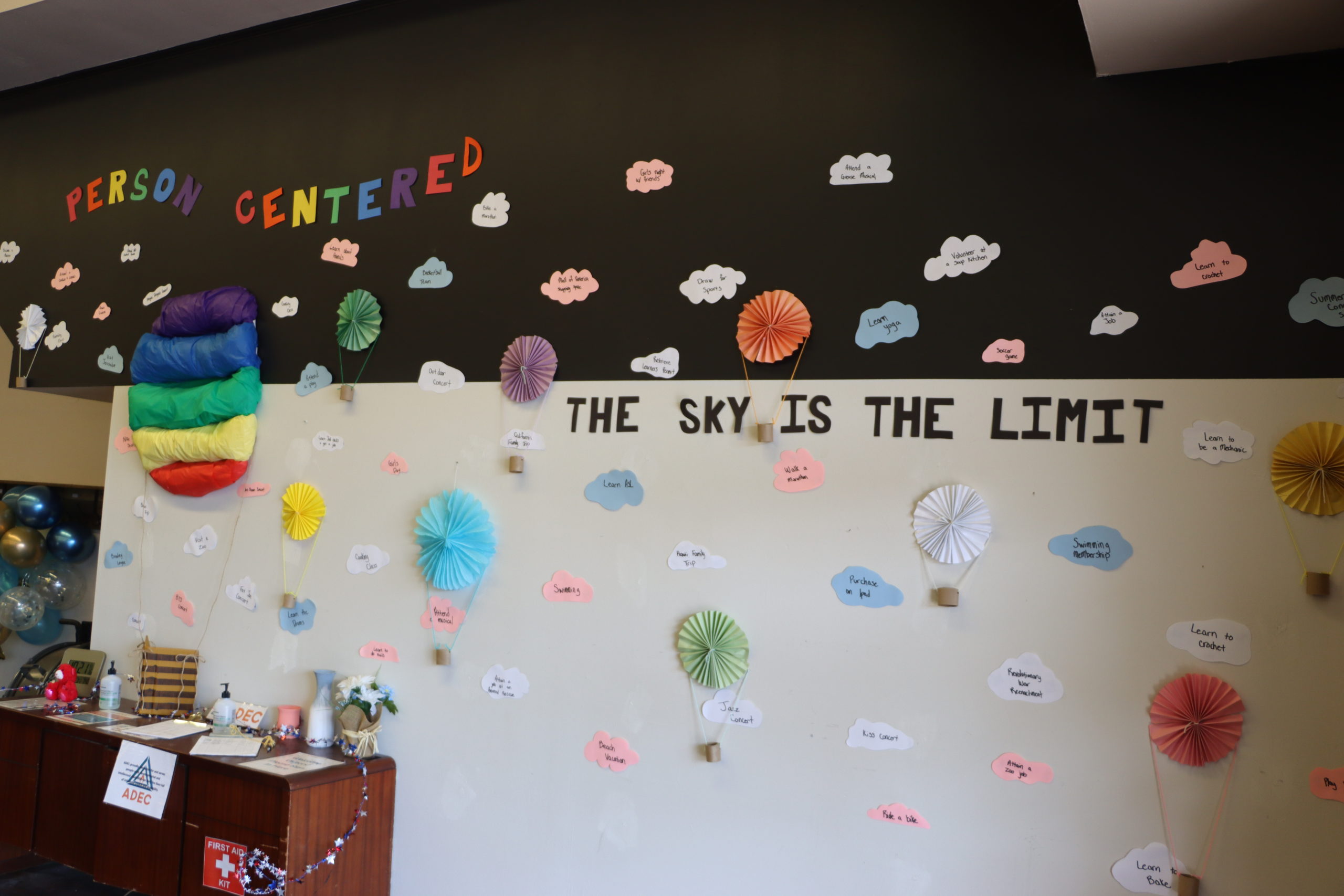
South Bend Day Program
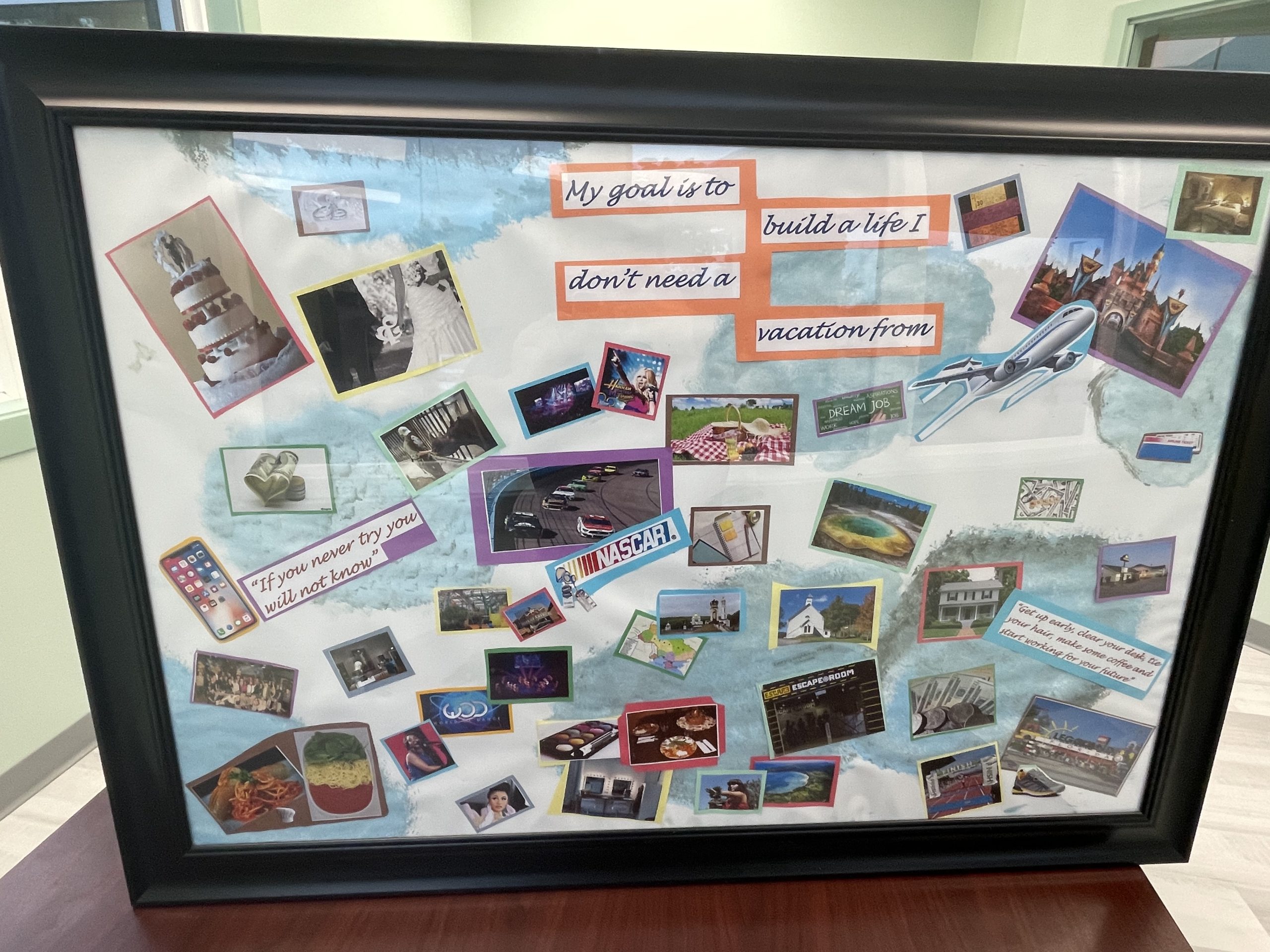
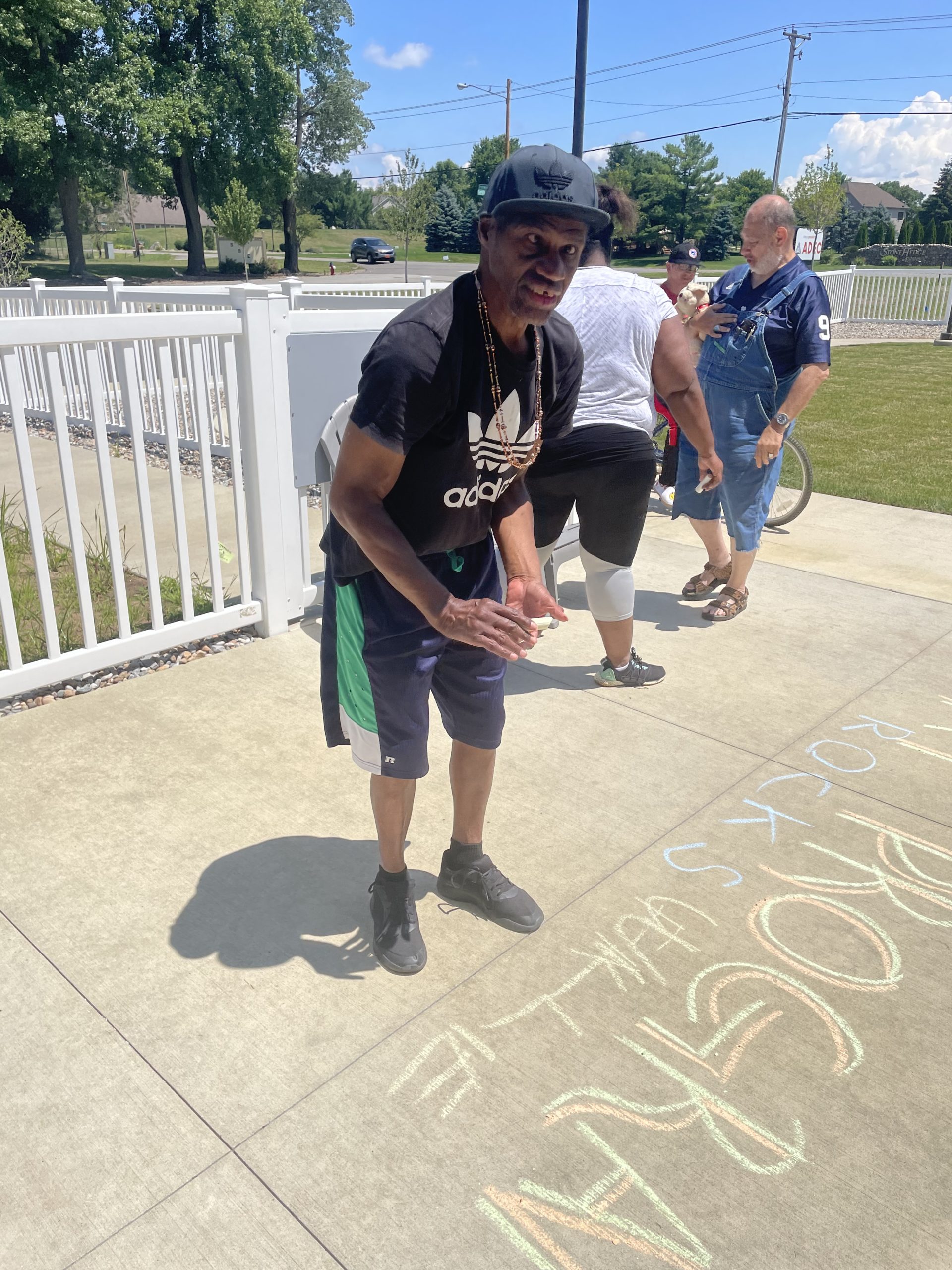
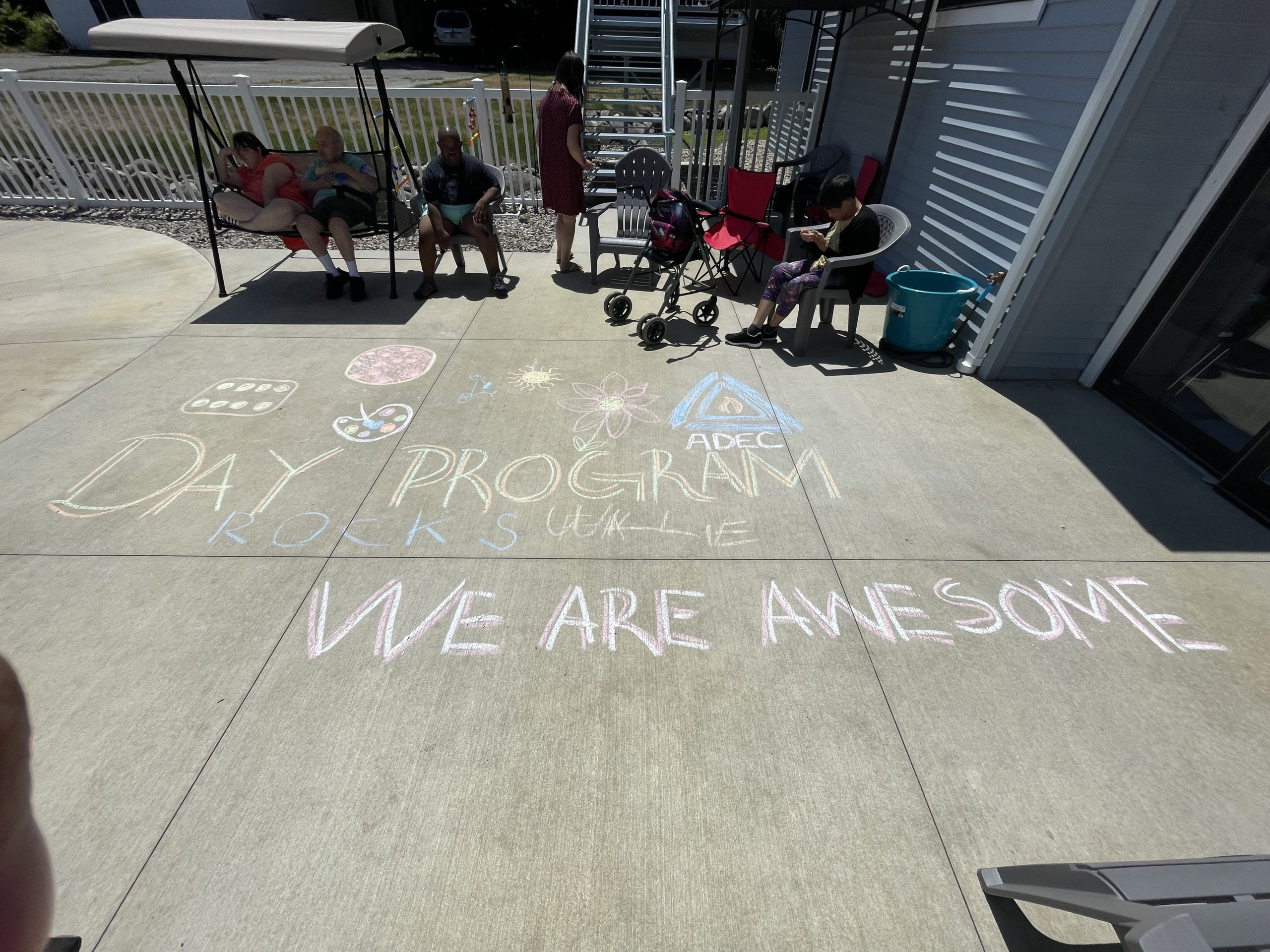
Bristol Day Program (B2)

